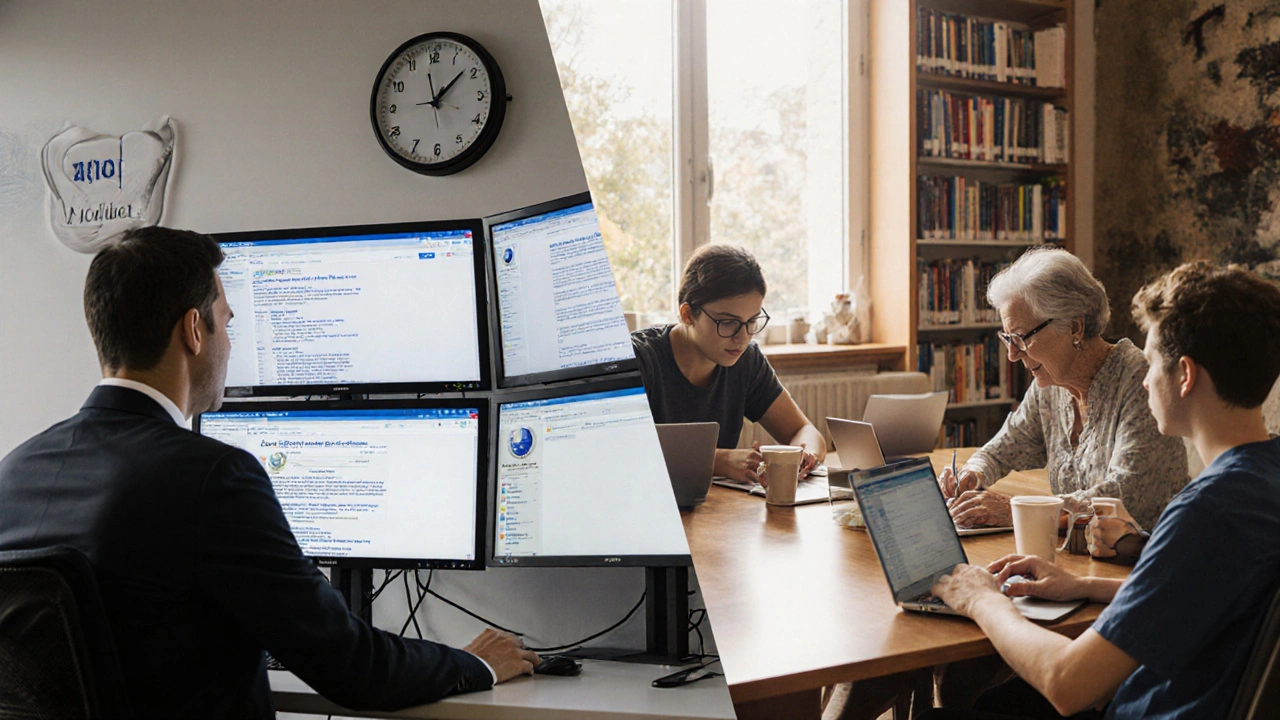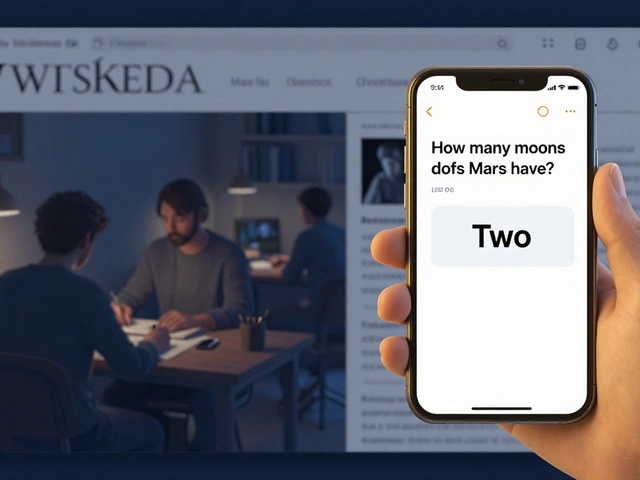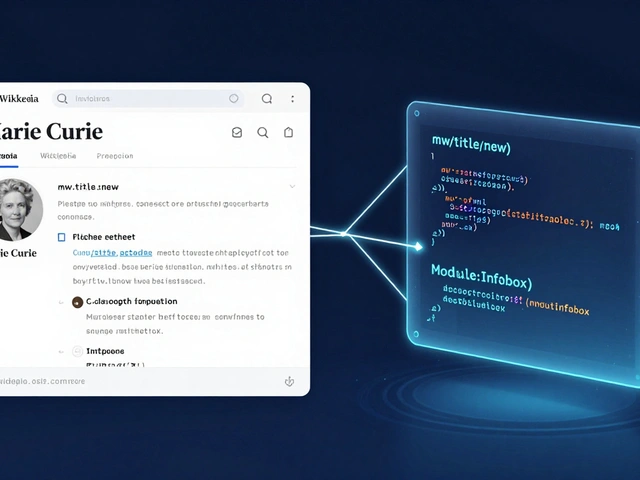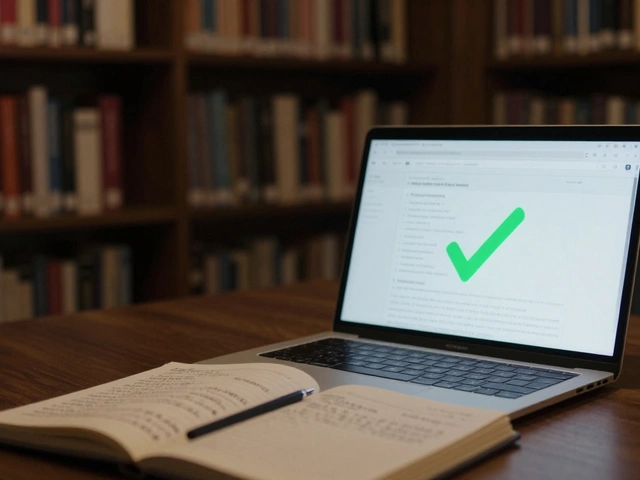Volunteer Editing on Wikipedia: How Everyday People Shape the World's Largest Encyclopedia
When you think of Wikipedia, you might picture a lone editor typing away at 3 a.m. But what really powers it is volunteer editing, the unpaid, community-driven work of millions who write, fix, and defend Wikipedia’s content without being paid or hired. Also known as community editing, it’s the reason Wikipedia exists at all—no corporation funds it, no algorithm writes it, just people who care enough to make it better. This isn’t just adding a typo fix. It’s sourcing a claim about a war crime, translating a medical guide into Swahili, or defending an article against a flood of biased edits. Volunteer editing is messy, slow, and sometimes frustrating—but it’s also the most transparent way to build knowledge on Earth.
Behind every stable article is a network of WikiProjects, volunteer groups focused on improving content in specific areas like medicine, history, or African languages. These aren’t official teams—they’re self-organized, with editors tracking articles, setting standards, and mentoring newcomers. Then there’s the Wikipedia editor, a person who makes edits, whether they’re a student fact-checking a biography or a retiree adding photos to articles about local landmarks. These aren’t all tech-savvy experts. Many are nurses, teachers, librarians, and retirees who just want the truth to be easy to find. Their work is shaped by tools like watchlists, a feature that lets editors track changes to articles they care about, and protected by policies like due weight, the rule that ensures articles reflect the balance of reliable sources, not just the loudest voices. And when things go wrong—harassment, copyright takedowns, AI-generated misinformation—these same volunteers are the ones who fight back.
What you’ll find below isn’t a list of how-to guides. It’s a window into the real world of volunteer editing: the quiet heroes who built Wikipedia’s COVID-19 coverage during the pandemic, the African editors creating knowledge in their mother tongues, the women over 45 who are now the fastest-growing group of contributors, and the people who risk their safety just to keep facts online. These stories show why Wikipedia still beats AI encyclopedias in trust—not because it’s perfect, but because real humans are still in charge.
Paid Editing vs. Volunteer Editing: How Models Shape Content Quality and Editor Demographics
Paid and volunteer editors shape Wikipedia in different ways-paid editors bring speed and polish, while volunteers add depth and diversity. Understanding their differences reveals how knowledge is made-and who gets left out.





